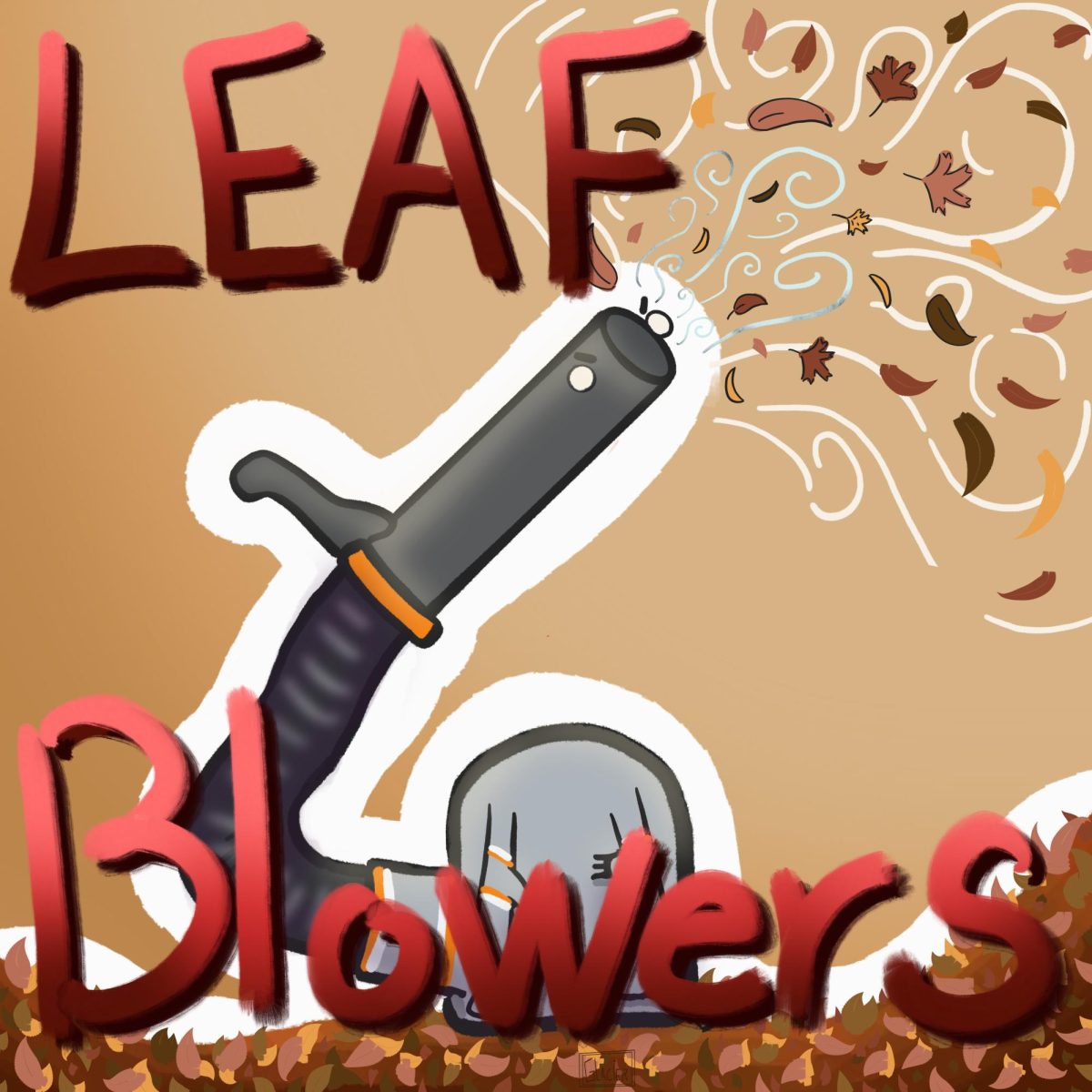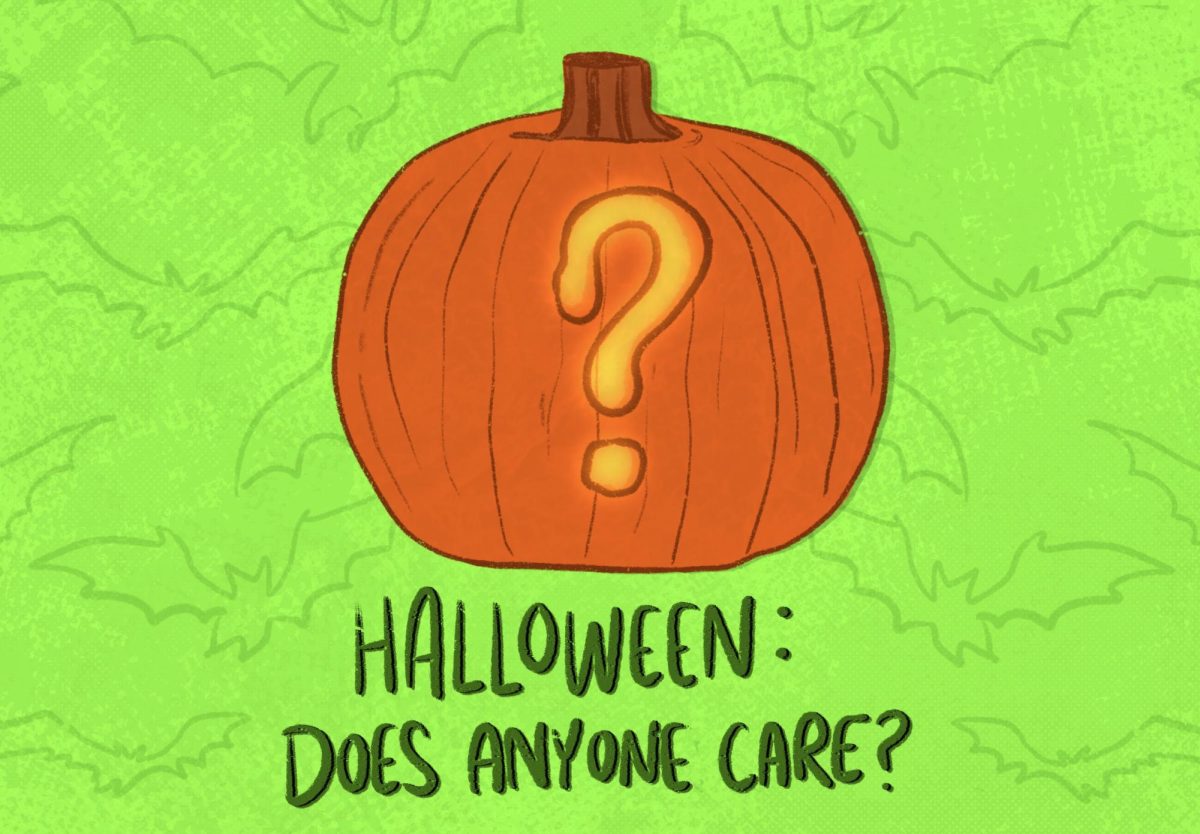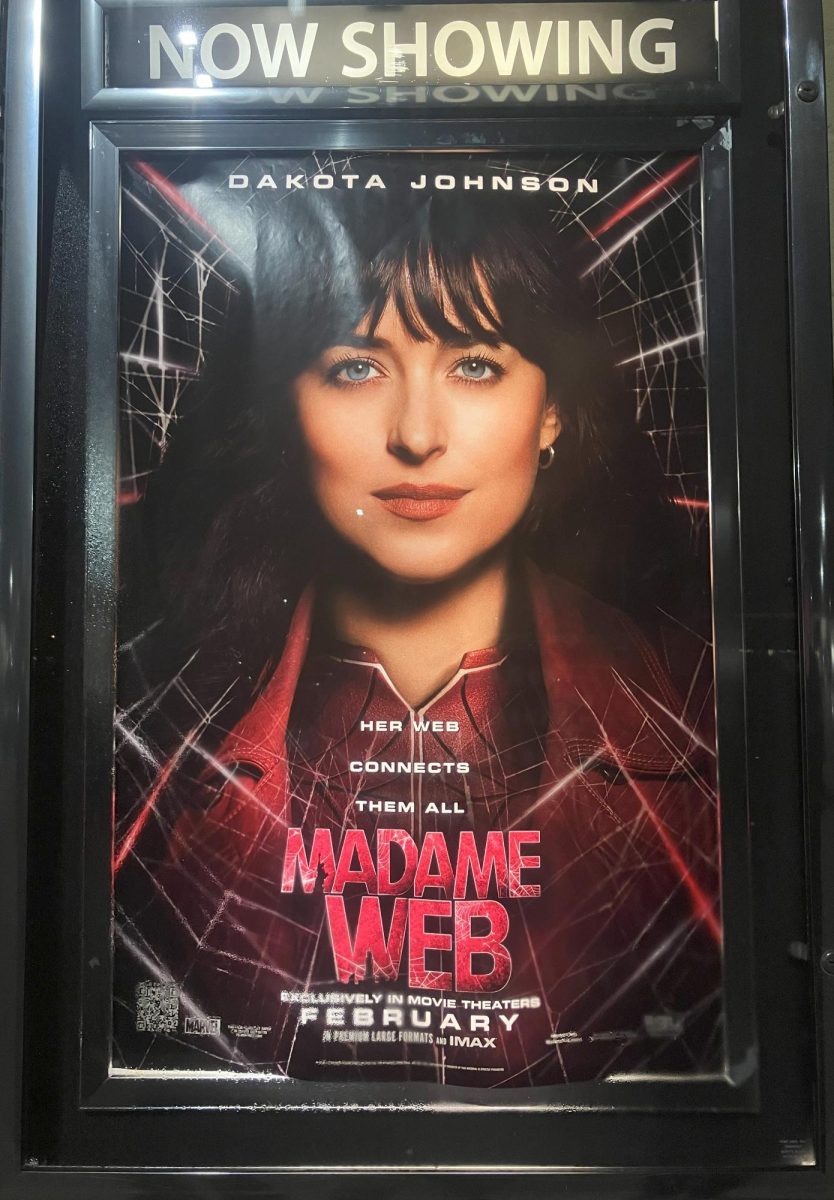We’re all on a search for community, whether it’s discovering ways to engage in our cities or trying to understand how people work in groups and teams.
Usually, this investigation of community is a subconscious decision, such as navigating your way through a group project or chatting with a vender at the farmer’s market. But, if we want to be active participants in the world, it’s crucial to take a step further and engage on more intentional levels.
My latest, unexpected discovery is that something as mundane as creating compost for a garden is another window into the lives of people and communities.
It started last Saturday, when a small group of Linfield students—clad in rubber boots, old pants and sweatshirts—stood inside the gates of the community garden, learning the ins and outs of creating compost.
The students received buckets to bring home to their kitchens, and they learned how to deposit their coffee grounds, fruit peels and egg shells into a composting bin in the community garden.
Composting is easy. You just collect biodegradable garbage and let it run its course, until it eventually breaks back down into soil.
After some brief instructions, the students were sent off with the promise that they would be positively impacting the earth and spurring improvement in Linfield’s little garden.
Triggering this natural cycle of composting is simple, but its benefits are far-reaching and complex.
In fact, I think the benefits extend past the usual pamphlet-style list of reasons to compost, such as soil enrichment, natural fertilization or soil remediation.
Engaging in community projects like composting can help us understand people on a deeper level, adding another string to the web of our communities.
Even if you aren’t passionate about the environmental impacts of something like composting, it’s still valuable to participate in projects like the community garden at Linfield.
Novelist Barbara Kingsolver said, “Wars and elections are both too big and too small to matter in the long run. The daily work—that goes on, it adds up.”
Simply watching and helping people complete an everyday aspect of their lives, like disposing of coffee grounds, is one of the richest ways to engage them.
Although participating in large fundraising projects or one-time community events is helpful and necessary, I believe that Kingsolver was right when she said the daily work adds up.
Spending a few extra minutes of your day to do something like composting for the community garden shows that you care about a group’s vision and interests enough to engage in the mundane and behind-the-scenes aspects of their lives and goals.
And that work does add up, eventually, creating opportunities to build relationships in unexpected places and participate in larger, long-term goals and projects.
It sets the stage and gives context for deeper conversations and questions.
If you’re interested in the community garden or composting, contact Rachel Codd at [email protected].
____________________________________________________________________
Joanna Peterson/Managing editor
Joanna can be reached at [email protected]






